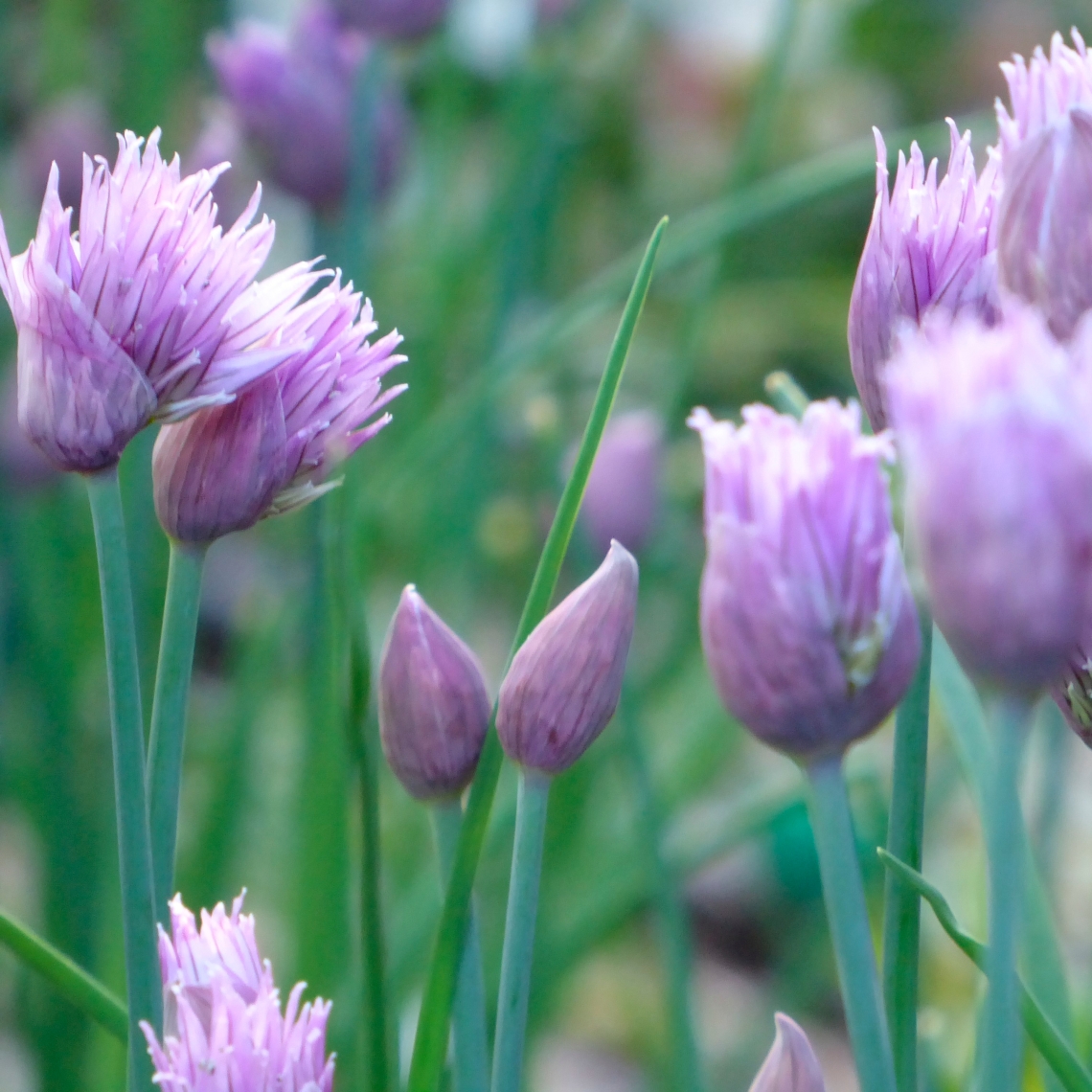These days plastic seems to be an integral part of gardening but it doesn’t have to be. The trick is to be aware of where plastic can sneak in. Here are a few ideas:

Plants
It’s way cheaper to grow plants from cutting and seeds and it’s a good way to avoid plastic. Taking a cutting from a friend’s garden is free and a nice reminder of your friend. My cuttings include geraniums, a climbing rose, an oleander, and clematis. I also have transplanted violets from my sister’s garden and a rhubarb from my dad’s garden.
Collect seeds from your garden or buy organic seeds which come in paper envelopes and can be recycled. I also find compost is a good source of tomato and pumpkin seedlings! I use a cardboard egg container to raise my seedlings. When they are ready you can tear off an egg cup and plant it directly into the soil.
However if you are new to gardening or impatient like me you might end up buying some plants and they almost always come in plastic pots. I recently discovered a guy at my local farmers market who sells plants and takes back the pots to reuse.
Some garden centres will recycle plastic pots by offering them to customers. I reuse these pots and for trays I get dinner plates from the recycling centre. They cost next to nothing and because I select similar colour plates it looks quite smart – black pots and blue plates. The recycling centre is also a good source of ceramic pots. I have also seen pots on gumtree or at garage sales. For larger pots use wine barrels.
Soil and fertiliser
Worm farms and compost bins create wonderful nutrient rich soil. They can be made from timber, bathtubs and also sorts of materials you can pick up at a recycling centre. But if you are not handy sometimes plastic can be useful. One off investments include a worm farm and compost bin made from recycled plastic. In Australia they are made from soft plastics which are recycled by REDcycle program. They will last long time – my father has had a plastic compost bin for at least 40 years and it’s still going strong.
The worm farm also makes worm juice which is liquid gold for the garden and saves you from buying liquid fertilizer in plastic containers. I mix the worm castings with soil to create a highly rich potting mix.
If you need a lot of soil, get it delivered or collect it yourself in a trailer – no plastic bags required. If you only need a little bit reuse old containers.
Other gardening bits and bobs
- Gardening stakes – use bamboo
- Watering cans and buckets – galvanised iron or stainless steel
- Sprinklers, hose attachments and pegs to pin down irrigation pipes- choose metal even though they cost a bit more they will last much longer.
- Water saving crystals – commercial ones are usually made from plastic so make your own from agar agar.
- Sacks for moving leaves – reuse hessian coffee bean sacks.
If you do end up with plastic make sure it gets recycled. Hard plastics can go in your recycling bin. In Australia you can take soft scrunchable plastics like plastic bags to recycling bins at Coles or Woolworths supermarkets. These items are downcycled into plastic products such as compost bins and park benches which will have a long life.
I’d love to know how you avoid plastic in the garden.
Photo by P Dooley


I have soil + compost delivered for sure! Also I have my own compost, and definitely give back any plastic pots that were used. My plan is to grow from seed as much as I need come spring. I’m a huge fan of perennials and self seeding plants so I don’t keep buying new plants.
LikeLike
Yes perennials are a great idea. Also I found parsley which is considered a biennial, actually keeps coming back. Maybe its because I let it go to seed.
LikeLike
I have plastic pots that I’ve used for 40 years! I store them carefully, out of the sun so they don’t crack. Buying in bulk (soil, mulch) saves plastic bags. I do use plastic bird netting, but again, for years and years.
LikeLike
Wow 40 years! That’s impressive.
LikeLike